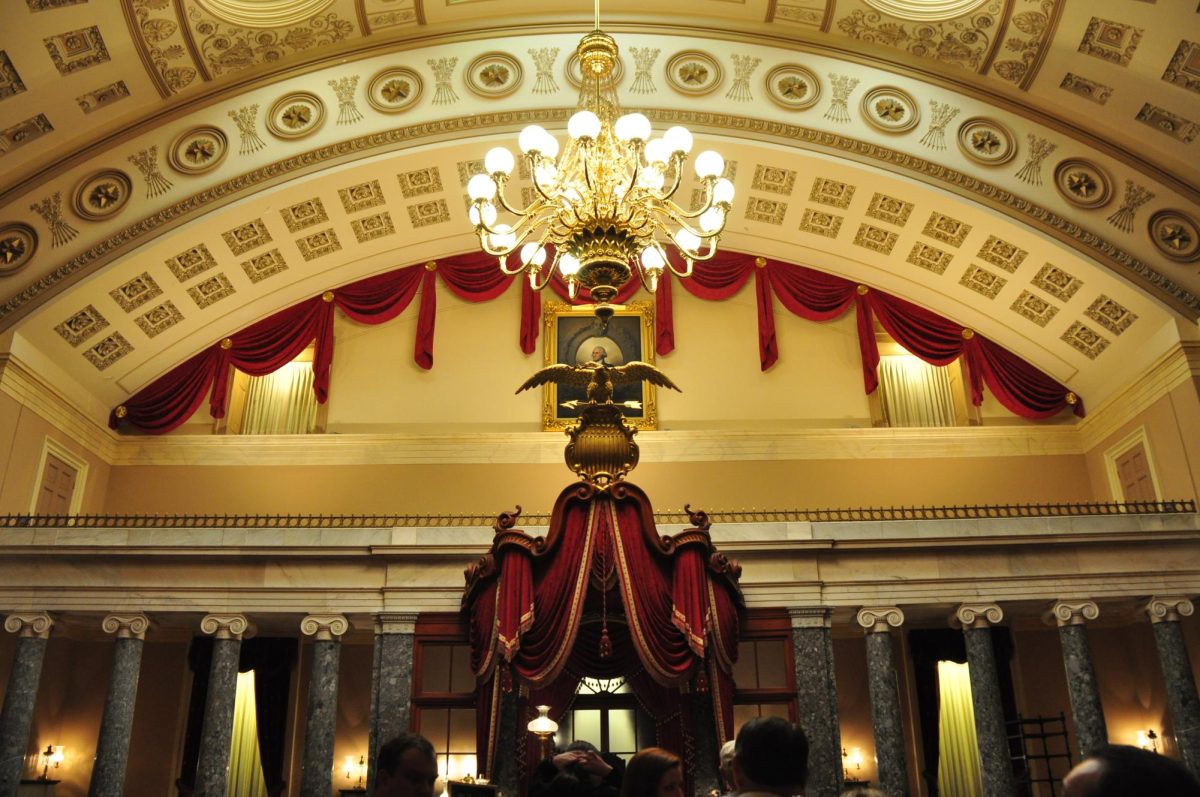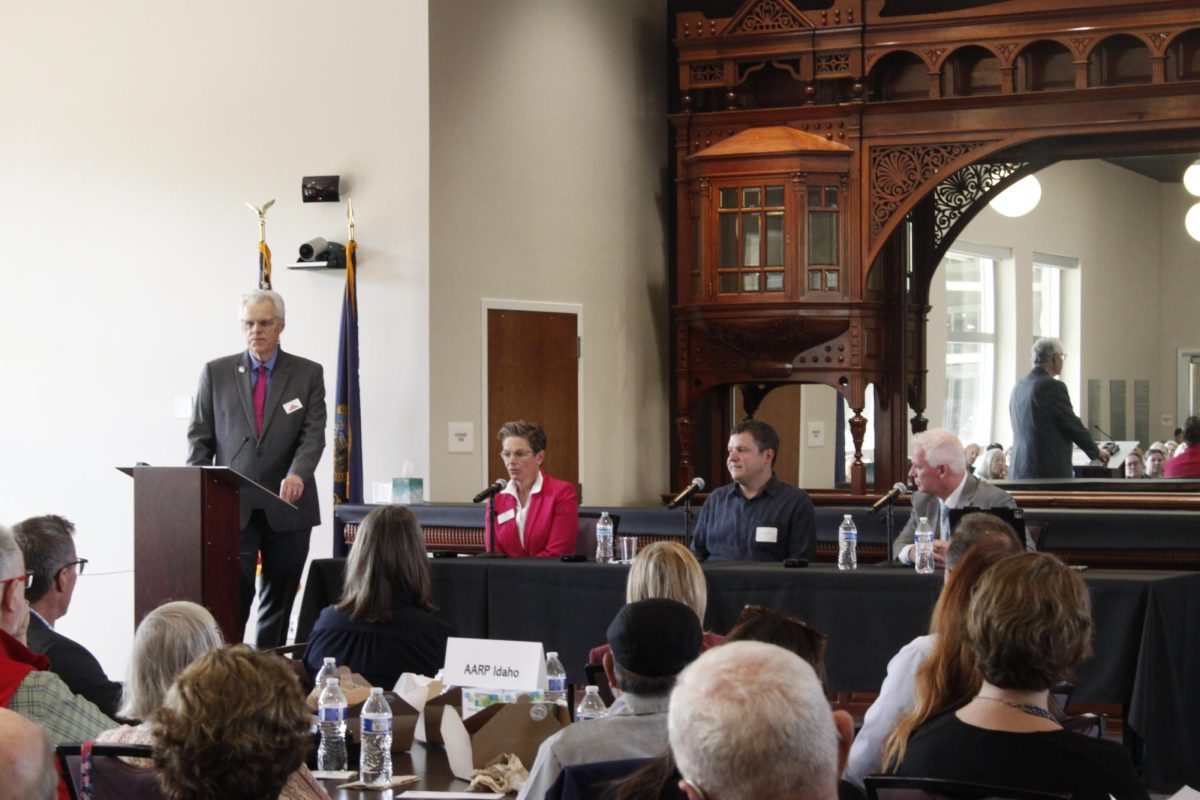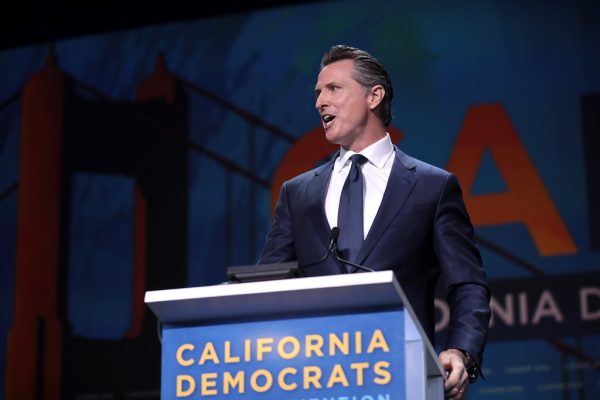Permanent Daylight Savings: Has the Time Come to Stop the Clock?
Photo by: New Jersey News
A horologist in New Jersey cleans clocks before adding an hour to account for daylight savings time.
March 18, 2022
Every year, twice a year, we are forced to turn our alarm clocks this way and that in order to account for the change between daylight savings and standard time. Having to consider the change is a draining system, and Americans around the country are quite literally tired of it. On March 15, 2022, the Senate passed legislation that would make daylight savings time permanent starting in November of 2023, and officially lock the clock.
The proposition of permanent daylight savings time was agreed upon unanimously by all 100 members of the Senate through a voice vote. The bill will now be placed in the hands of the House of Representatives, who will either block it or dispatch it to President Joe Biden. The White House has not made it clear where Biden stands on the matter, but time will tell whether the President is for or against a perpetual spring forward.

A simple graphic explains the subtraction of an hour during the winter (standard time) and the addition of an hour during the summer (daylight savings).
The bill is known as the Sunshine Protection Act, and was officially introduced by Marco Rubio (R-FL) over a year ago. The main benefits cited in the proposal mostly revolve around the importance of more light later in the day, as there is a possibility that brighter evenings could reduce crime and rates of child obesity, as children would be able to spend more time outside in the evenings. The concern of seasonal depression is also particularly prevalent in highschoolers of today, as many teens report that the seemingly constant darkness has an impact on their mental health. Another reason that advocates for the switch is the importance of road safety. The Institute for Highway Safety has supported the switch for years, asserting the fact that more lives, particularly those of pedestrians, could be saved if there was more light during heavier hours of traffic.
But while there are many good arguments for the shift, many cite the last time the U.S. fully committed to daylight savings time, in 1973. At this time, the measure was enacted to conserve fuel during an oil embargo. It officially went into effect on Jan. 6, 1974, and just a day later, on Jan. 7, a 6-year old girl was struck on her way to elementary school in the darkness of morning. Throughout the following weeks, 8 children were killed in traffic accidents that may have had something to do with the new obscurity. “It’s time to recognize that we may well have made a mistake,” U.S. Senator Dick Clark of Iowa had said.

A digital collage made by Angela Nair of MSNBC details how both Democrats and Republicans want the change to daylight savings.
So whether you’re for or against the permanent change to daylight savings time, the bill has revealed a side to our government that we haven’t seen in quite some time: unity. In an increasingly polarizing political climate, it’s hard for opposing politicians to find common ground, and yet resolving the issue of the bi-annual changing of clocks has provided an opportunity for that. “I know this is not the most important issue confronting America, but it’s one of those issues where there’s a lot of agreement,” said Rubio on the Senate floor on Tuesday. “And I think a lot of people wonder why it took so long to get here.” Ed Markey (D-MA) agreed: “It has real repercussions on our economy and daily lives.”
So what do you think? Should America stay altering time, or has the moment come to finally lock the clock?





















